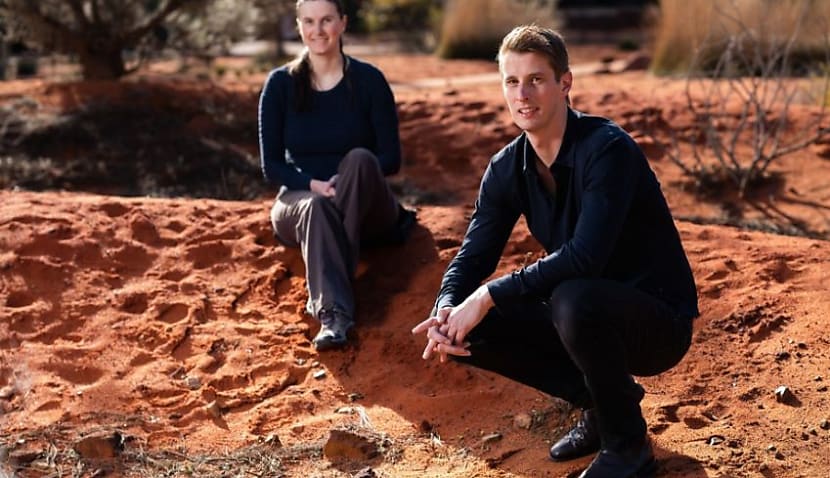The model simulates the effects of significant time spent in zero gravity on the cardiovascular system as well as the effects of reintroducing gravity suddenly to the body after the time spent in zero gravity.
“The purpose of our model is to predict, with great accuracy, whether an astronaut can safely arrive on Mars without fainting. We believe it’s possible,” said Dr Emma Tucker, a co-author of the paper.
The team will use the simulations to determine whether astronauts’ bodies will be able to tolerate the stresses of stepping out of a spacecraft onto the Red Planet without suffering medical emergencies or fainting.
The model utilises an algorithm to analyse astronaut data from previous space missions to simulate the harsh conditions of a long-term space journey to Mars.
Dr Lex van Loon, a research fellow at the ANU Medical School, leads the study. Dr van Loon said that among the many risks associated with long-term space travel, the largest concern was the prolonged exposure to near zero gravity.
“We know it takes about six to seven months to travel to Mars and this could cause the structure of your blood vessels or the strength of your heart to change due to the weightlessness experienced as a result of zero gravity space travel," she said.
Dr van Loon also pointed to long-term exposure to the sun’s radiation as another serious concern for astronauts making the long journey to Mars, with the potential for the radiation to cause “fundamental” changes to the body.
Dr Tucker explained that there are a multitude of dangers associated with zero gravity. This includes the heart becoming “lazy” as it adapts to pumping blood around the body more easily without the hindrance of gravity.
“When you're on Earth, gravity is pulling fluid to the bottom half of our body, which is why some people find their legs begin to swell up toward the end of the day. But when you go into space, that gravitational pull disappears, which means the fluid shifts to the top half of your body and that triggers a response that fools the body into thinking there’s too much fluid,” she said.
The need for precise medical knowledge on the effects of long periods of space flight on the human body is particularly strong when considering a voyage to Mars. The massive distance between the two planets means that there is a communication delay of up to 20 minutes between Earth and astronauts depending on the position of Earth, Mars and the sun.
Accordingly, space medical scientists must be certain that their data is correct, and astronauts know what procedures to follow in the event of an emergency.
“If an astronaut faints when they first step out of the spacecraft or if there’s a medical emergency, they’ll be nobody on Mars to help them,” Dr van Loon said.

Liam McAneny
Liam McAneny is a journalist who has written and edited for his University International Relations journal. He graduated with a Bachelor of Arts (International Relations) and Bachelor of Laws from the University of Wollongong in 2021. He joined Momentum Media in 2022 and currently writes for SpaceConnect and Australian Aviation. Liam has a keen interest in geopolitics and international relations as well as astronomy.
Send Liam an email at: [email protected]

